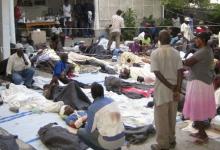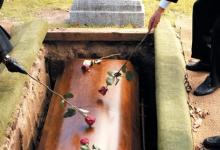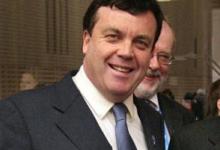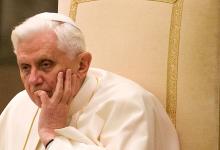Tribunal is only way to get answers on banks
Nearly eight years ago, on April 11th, 2002, seven judges of the Supreme Court thought it necessary to convey their views on Oireachtas inquiries into the Abbeylara case with a verbosity that even they themselves never exceeded, either before or since.
The combined judgments come to 123,900 words, more than most large books. The judgments are repetitive and at times rambling. For these reasons it is hardly surprising that few people have ever read them. Life is short.







